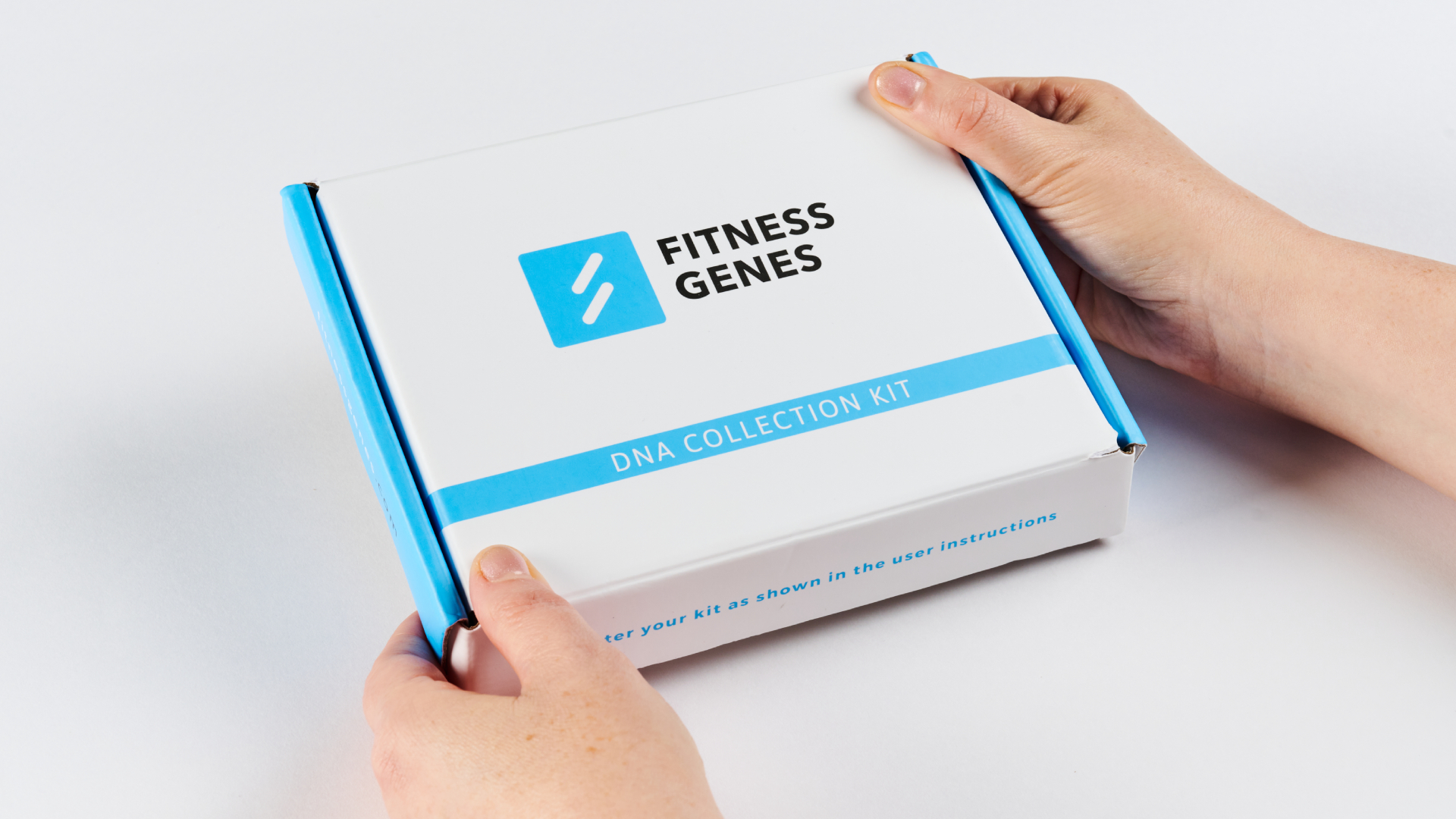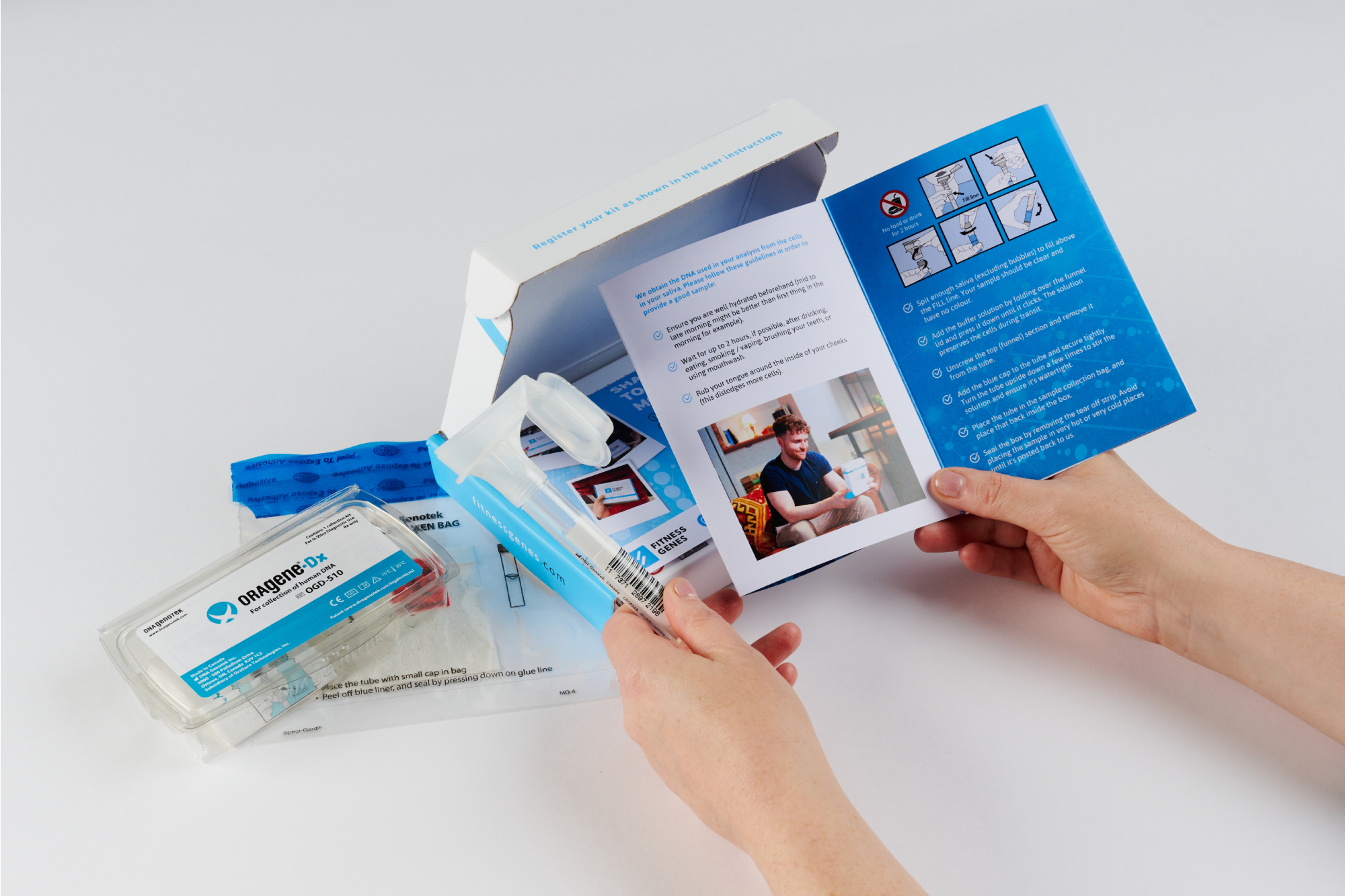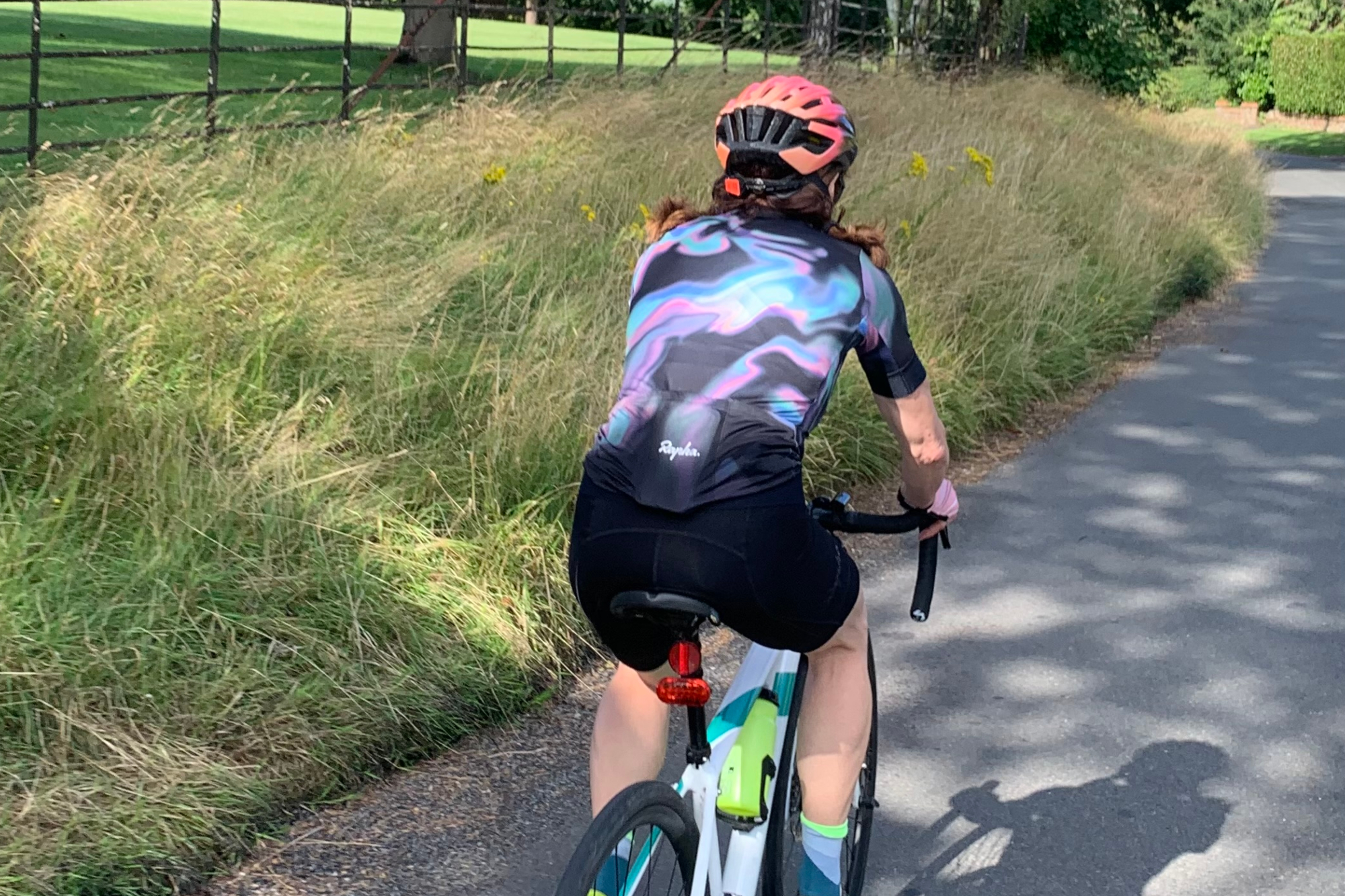
I took up road cycling almost four years ago, a long-held ambition after years spent (mainly) lifting weights and culminating in winning the British bodybuilding championships. I knew I was naturally more suited to strength than endurance exercise so didn’t have high expectations of setting Strava’s leaderboards on fire. Nevertheless, I was intrigued to find out how I would fare in an endurance sport. Within months I was covering longer distances and racking up PBs but then I plateaued. Despite consistent weekly efforts, my FTP flatlined and I was no longer achieving PBs. Could I have reached my genetic limit?
This got me thinking how much our genes determine our athletic ability and endurance training potential. Research has shown that elite endurance athletes have a higher frequency of certain gene variants compared to sub-elite and non-athletes. Take the ACE gene, of which there are two variants: ACE I and ACE D. This gene has been shown to be linked to cardiorespiratory and aerobic fitness due to its role in helping deliver oxygen to our body’s tissues, as well as regulating blood pressure. It’s thought that if you have the ACE I gene, you’re better suited to endurance – whereas if you have the ACE D gene you’re better suited to strength and power. A 2022 meta-analysis found that, compared to non-athletes, elite endurance athletes were 1.48 times more likely to carry two copies of the I variant of the ACE gene.
Research at Anglia Ruskin University suggests up to 44% of a person’s response to endurance training may be influenced by genetics. This would equate to around an extra 5% improvement in aerobic fitness over those that do not have such favorable genetics. While this is unlikely to have a big impact for the average person, a professional athlete may want to know which genes they have so they can better understand where small improvements can be made that will boost their performance.
The DNA test

I was offered a test by FitnessGenes, a company that tests your DNA to determine your sporting potential. By identifying genetic variants that influence your health and fitness, they offer personalised recommendations matched to your DNA. A report costs £149 or £69 if you have existing DNA data.
I received my test kit and sent off my saliva sample for more than 150 genetic traits to be analysed. I also fill in a lifestyle questionnaire online. In midlife I’m 52kg at 1.57m with a body fat of 18%. I eat a healthy diet – I’m a lifelong vegetarian – with very few ultra-processed foods. I cycle at least twice a week, either indoors or outdoors, doing a mixture of endurance, power zone, HIIT and hills. I also do two strength workouts weekly, daily yoga and walking, and a couple of Pilates sessions a week.
The results
I get my results six weeks later. My traits are grouped into 14 categories, including endurance, weight loss and muscle building. The endurance category has 11 traits, including endurance performance potential. ‘Each trait highlights where you may gain the most benefit from training focus, and suggests protocols, foods, or supplements that may help boost these required training adaptations,’ explains Dr Stuart Grice, the company’s Chief Scientific Officer.
In the section on endurance potential, I discover that I have the ACE D gene, which means, as suspected, I am not destined to excel in road cycling. Apparently, I carry fewer endurance-linked gene variants than 90% of the global population. Which doesn’t bode well for me. ‘This doesn’t mean you should give up or pursue different types of exercise just because you may not have favorable genetics. Rather, this simply means that people with certain genes may need to work a bit harder than others to see similar results For the average person, having favorable genetics will probably only make a small difference to how easy or difficult you find it to improve your fitness,’ says CEO Dr Samantha Decombel.
On the upside, I am an ‘increased responder’ to exercise-induced blood capillary growth. I carry gene variants that mean my muscle vasculature responds well to endurance training. I also have gene variants associated with higher red blood cell production and better endurance performance. I find this confusing as both scores seem to contradict my below average endurance performance potential. ‘Just because certain traits may seem unfavourable, there may be others that counter that,’ explains Stuart Grice. ‘What our modelling does is assess where someone’s strengths and weaknesses are (trait-by-trait) for a particular goal, and then offer actions that can help you overcome these issues.’
The recommendations

The report provides a list of recommendations based on my genetic results, each backed up with evidence. Some are a little spurious. For example, to improve my endurance potential, the report recommends starting my day with green tea. However, it also advises adding plyometrics (fast, explosive) movements to my workouts, and doing 80% of my training sessions at a low intensity, 20% at a high intensity - both of which seem sensible.
In the muscle building category, I was reassured to discover that I have above average genetic variants linked to muscle hypertrophy (building muscle). However, the report warned that this trait also put me at risk for fat storage – odd, because my body fat percentage has not changed since I was 18.
In the weight loss category, I was further puzzled to discover I have gene variants of the FTO gene (the ‘fat gene’), which puts me at higher risk of weight gain, overeating and increased obesity risk. I’ve never had a weight problem but, to be fair, my lifestyle might be overriding my unfavorable DNA.
In the caffeine category, the report confirms that my mid-ride coffee is worthwhile. Like 50% of the population, I have the AA genotype of the CYP1A2 gene, which means that I’m a ‘fast caffeine metaboliser’ and likely to gain endurance benefits from caffeine. Slow metabolisers (CC genotype) may have less improvement or a drop in performance when taking caffeine.
As someone prone to health anxiety, I asked Stuart how concerned I should be about my unfavorable genes. He replied: "I would very much look at them as areas to work on, or in some cases areas where you may see the most benefit, or rapid improvement. Biology is about trade-offs. You may have better strength, good sleep patterns, or a metabolism that, although prone to weight gain, may be more efficient and thus better at conserving energy for movement and sport. We should think of our bodies as imperfect systems, and working on our weaknesses while understanding our strengths can ultimately lead to better targeting of training protocols and sports nutrition."
The verdict
In summary, the genetic test confirmed much of what I already knew, for example that I am better at strength than endurance exercise. It also helped explain why I had reached a fitness plateau with my cycling – I have the ACE D gene. But some results didn’t match my lived experience, for example, having genes that predispose me to weight gain (if anything, I find it hard to keep my weight up). Will I be changing my training based on my genetic test? Not a great deal. But there are a couple of tweaks I plan to make – adding more plyometrics and more low-intensity training – so it’s good to know that I haven’t reached my genetic limit just yet.






